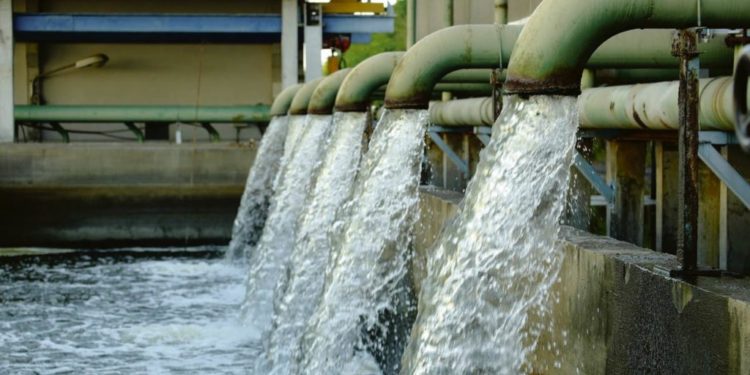Water Service Providers (WSPs) in Kenya are actively seeking innovative solutions to address the country’s significant water funding gap, which stands at a staggering Kshs 652 billion. The government is considering greenlighting WPS’s proposal to tap into the Nairobi Securities Exchange (NSE) by issuing bonds to raise the necessary funds. This initiative marks a significant step towards securing sustainable financing for critical water infrastructure projects in Kenya.
Read more: Kenya’s Senate and Council of Governors Call for a Devolution Bond
Kenya’s water sector has been grappling with significant challenges, including inadequate infrastructure, inefficient service delivery, and limited financial resources. These issues have hindered the sector’s ability to meet the growing water demands of a rapidly expanding population. The Water, Sanitation, and Irrigation Ministry is working to implement its National Waster Sector Investment Plan (NAWASIP), which aims to address these challenges by 2030. The Ministry indicated that several funding models, including commercial financing, would be required to implement NAWASIP.
Read more: The National Treasury Plans to Buy Back the 10-Year Eurobond Issued in 2014
The potential benefits of bond issuance in the water sector are manifold. Firstly, it enables the government to access long-term capital at competitive interest rates, which can significantly reduce the burden on public finances. Secondly, bond financing allows for the mobilization of substantial funds, enabling the implementation of large-scale infrastructure projects necessary for enhancing water supply, distribution networks, and treatment facilities. Moreover, bonds provide an avenue for private investors, including institutional investors, to contribute to the development of the water sector while generating attractive returns.
Read more: Kenya Offers 100 Dams to Private Investors in Water Security Initiative
As Kenya strives to address the funding gap in its water sector, the sector needs to address key challenges in accounting for water usage and billing within the country. WSPs also need to clearly define the debt, the terms of the bonds, and the regulatory framework to be used. Nevertheless, the option of bond issuance signifies a progressive step towards sustainable and reliable water infrastructure. By attracting investment through bond offerings, the country can raise the necessary funds to bolster the water sector’s capacity and ensure adequate access to safe water for its citizens.
Read more: USAID Launch Multimillion Investment To Enhance Water, Sanitation Initiatives In Kenya
Email your news TIPS to editor@thesharpdaily.com















